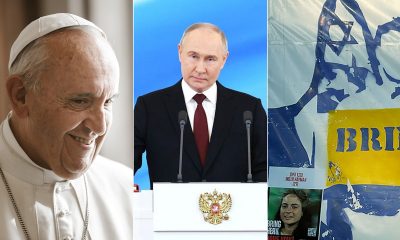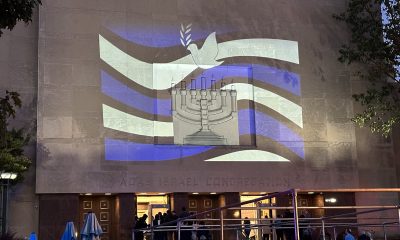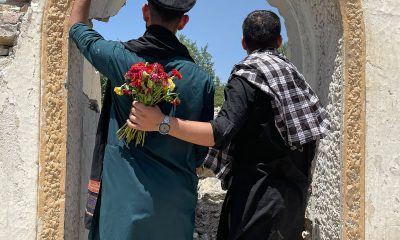Mali
Mali on the verge of criminalizing homosexuality
Country’s Traditional National Council has drafted a new penal code
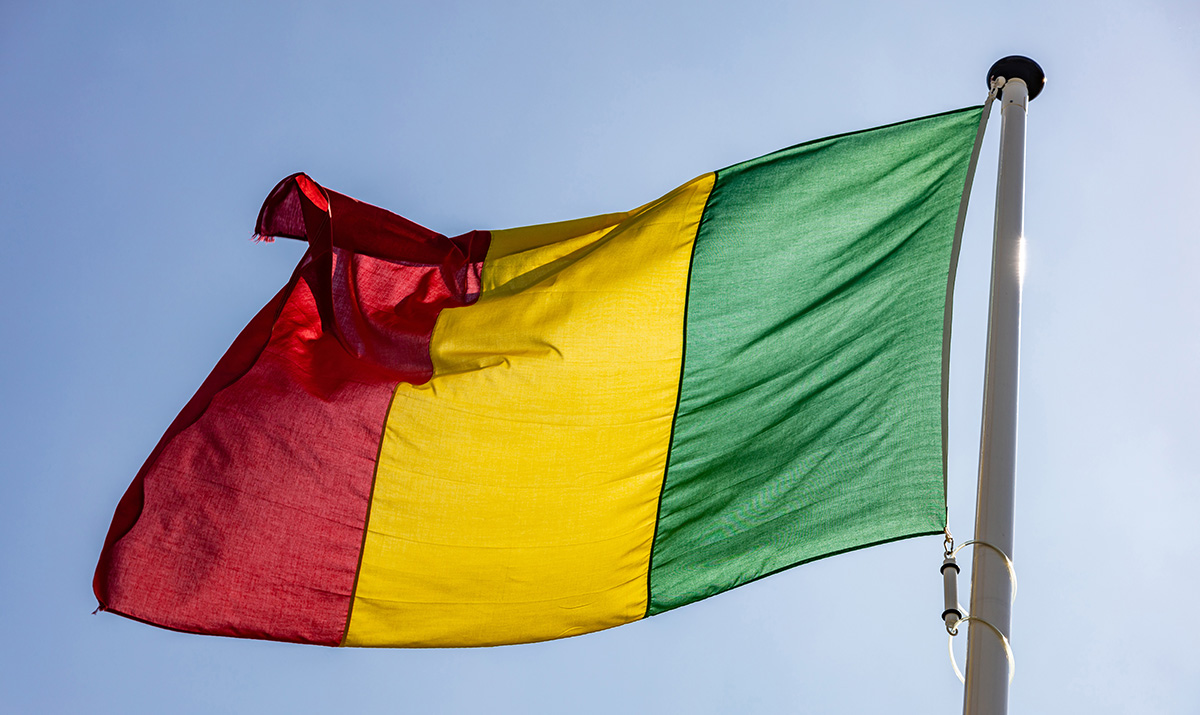
Mali’s Transitional National Council on Oct. 31 adopted a draft penal code that would criminalize acts of homosexuality.
Minister Mamoudou Kassogué after the TNC meeting said any person who advocates or engages in same-sex relations will be prosecuted.
“There are provisions in our laws that prohibit homosexuality in Mali,” he said. “Anyone engaging in this practice, promoting or apologizing for it, will be prosecuted. We will not accept that our customs and values are violated by people from elsewhere.”
Nginda Nganga, an African LGBTQ+ rights activist, said the Malian government should not be concerned about other people’s sexual orientation.
“LGBTQI+ people have always existed, and they always will. It’s a human rights issue, and honestly, I have never understood why some are so concerned about others’ personal choices and private lives,” said Nganga. “It’s strange.”
Eugene Djoko, another African rights activist, said deterring and monitoring one’s sexual orientation will not solve the country’s problems.
“According to the minister, anyone who practices, promotes or glorifies homosexuality will be prosecuted, however, restraining personal liberties is not how you will fix the country’s problems,” said Djoko.
Amnesty International in its 2023/2024 report said violence and discrimination against people based on descent remained prevalent in Mali. The report highlighted several killings based on this type of discrimination.
Although Mali does not recognize same-sex marriages, the country’s constitution and penal code does not criminalize consensual same-sex sexual relations or LGBTQ+ identity. The TNC’s Oct. 31 vote, however, will change the situation for the country’s LGBTQ+ community, even though President Assimi Goïta has not approved them.
The LGBTQ+ community before the Oct. 31 vote already faced a lot of stigma, especially from fellow Malians.
Mali is largely an Islamic country, and Sharia law does not tolerate same-sex sexual relations. The majority of Malians view homosexuality as a Western import.
People in some regions who are found to be part of the LGBTQ+ community can face punishments that range from so-called conversion therapy to amputation, flogging, and even death. Many LGBTQ+ Malians and those who advocate on their behalf remain in the closet or work behind closed doors. Some have opted to leave Mali and seek refuge in countries that protect LGBTQ+ rights.
The actual ramifications of Kassogué’s statements as they relate to consensual same-sex sexual relations or LGBTQ+ advocacy in the country remain unclear.
Arrests of LGBTQ+ people or activists on the basis of sexual orientation are rare, but Malian society tends to handle them under the guise of religious and cultural beliefs as opposed to a law enforcement issue. Law enforcement officials cite acts of indecency when they arrest those who identify as LGBTQ+ or activists.
Goïta, for his part, has yet to explicitly make any public comment on LGBTQ+-specific issues. He has, however, often spoke about his support for Islamic and African values.

-
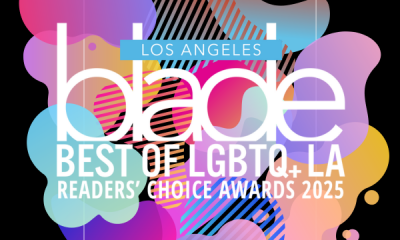
 Arts & Entertainment2 days ago
Arts & Entertainment2 days ago2025 Best of LGBTQ LA Finalist Voting
-

 Books4 days ago
Books4 days ago‘Pronoun Trouble’ reminds us that punctuation matters
-
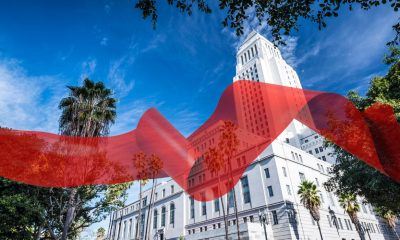
 Local2 days ago
Local2 days ago‘Housing Now!’: Advocates plan to wrap City Hall in red tape
-

 a&e features1 day ago
a&e features1 day agoAnthony Nunziata Performs the Great Palm Springs Songbook
-

 Features3 hours ago
Features3 hours agoMeet the new co-presidents of the NLGJA LA Chapter
-

 The Vatican2 days ago
The Vatican2 days agoPope Francis dies at 88
-
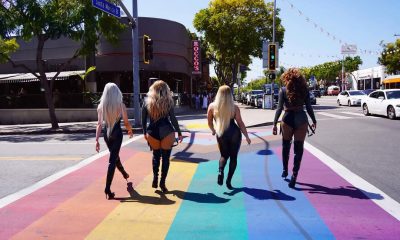
 Bars & Parties1 day ago
Bars & Parties1 day agoRocco’s 2.0 is looking to the past to celebrate the future
-
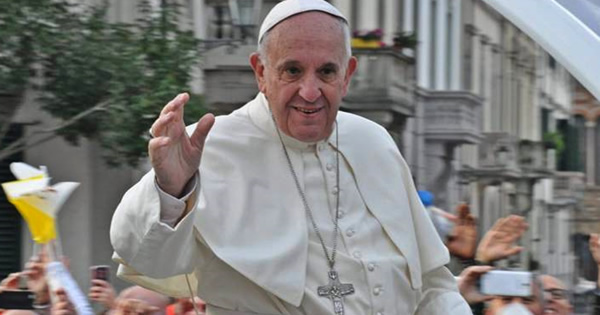
 Commentary1 day ago
Commentary1 day agoOn Pope Francis, Opus Dei and ongoing religious intolerance
-

 Autos2 days ago
Autos2 days agoSporty sedans: BMW 530i xDrive, Mercedes AMG CLA 3
-

 Congress10 hours ago
Congress10 hours agoDemocratic lawmakers travel to El Salvador, demand information about gay Venezuelan asylum seeker
